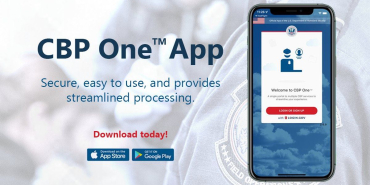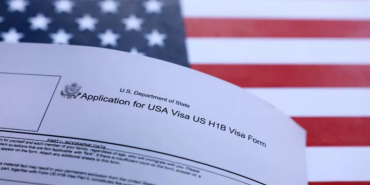Travellers to Kenya Must Declare Mobile Device IMEI Numbers Starting 2025

The Kenya Revenue Authority (KRA) has announced a major policy change regarding mobile devices entering the country.
Starting January 1, 2025, all travellers to Kenya must declare the International Mobile Equipment Identity (IMEI) numbers of their mobile devices upon entry. This unique 15-digit identifier, which provides detailed device specifications including brand, model, and manufacturing date, will be recorded in the Equipment Identity Register (EIR). The initiative extends beyond individual travellers to include commercial importers who must now submit comprehensive documentation including precise quantities, model specifications, and IMEI numbers for their shipments.
Local device manufacturers and assemblers are also required to register through the KRA Customs portal and report all domestically produced devices with corresponding IMEI numbers. At its core, this policy aims to address the persistent challenge of counterfeit and illegally imported mobile devices in Kenya. The KRA can verify device authenticity and ensure proper taxation by implementing stringent tracking measures through IMEI registration. This systematic approach is expected to generate additional tax revenue while protecting consumers from substandard products.
The Communications Authority of Kenya (CA) has endorsed this transition toward enhanced taxpayer facilitation, announcing plans to implement a verification system for retailers and consumers to check device compliance. In a coordinated effort, telecommunications providers will restrict network access to compliant devices only thus creating a comprehensive enforcement mechanism. For international travellers, the process involves completing an F88 passenger declaration form with their devices' IMEI numbers. The KRA has specifically instructed travellers to disable VPN blockers during this process to ensure accurate documentation at customs checkpoints.
While this initiative primarily focuses on tax compliance and market integrity, it has sparked discussions about privacy implications and increased traveller surveillance. However, regulatory authorities maintain that the policy's primary objective is to enhance tax compliance and reduce unauthorized device circulation rather than to monitor personal data. As the implementation date approaches, the KRA plans to release detailed guidelines explaining the registration process for different user categories. This proactive approach aims to facilitate a smooth transition and minimize potential complications at entry points.














Add new comment